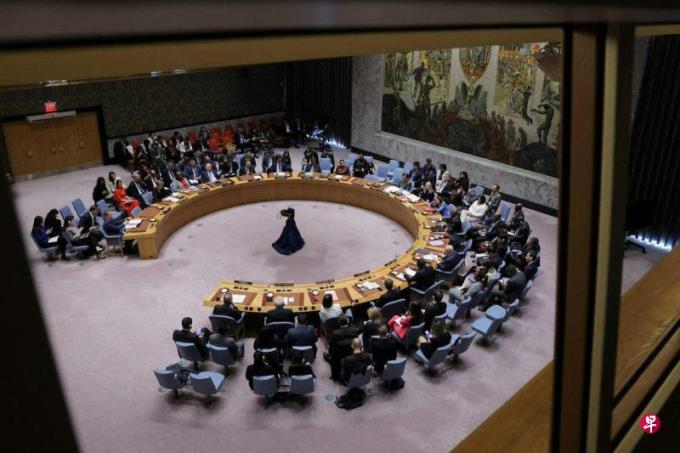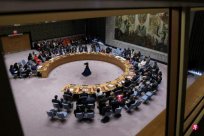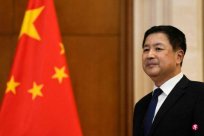
(New York Composite Electric) Russia rejected a resolution initiated by the United States and Japan in the United Nations Security Council on Wednesday, calling on the ban on the deployment of large -scale killing weapons in space in space.
Thirteen of the 15 member states of the Security Council voted in favor, Russia voted against vote, and China abstained.
Resolution has also reiterated that countries must keep their commitments to the 1967 Space Treaty, and the treaty prohibits the deployment of nuclear weapons on the rail.
The Motivation of each other in Russia
The U.S. Permanent Representative of the United Nations Greenfield on Wednesday (April 24) questioned the Security Council after the voting: "Today's veto triggers a question: Why? If you (Russia) follows the rules, why do you not support reiterating these rules?Are you hidden?
Russia refers to the ridiculous and politicized of the decision, saying that the Space Army's preparation competition should include all weapons, not just nuclear weapons and other large lethal weapons.
Russia's permanent representative of the United Nations, Nibianjia, accused Washington of trying to slander Moscow, and said that Russia would soon negotiate with members of the Security Council to maintain the draft of space peace proposed by the Security Council.
Nirvana Jami Greenfield: "We want to prohibit the deployment of any type of weapons in space, not only a large -scale lethal weapon. But you (the United States) don't want this ... Let me ask you the same question: Why?"
Earlier, Washington accused Moscow of developing anti -satellite nuclear weapons in space, Russia denied the accusations.Russian President Putin once said that Moscow opposed the deployment of nuclear weapons in space.
China Permanent Representative of the United Nations Fu Cong explained the Chinese position. In his explanation speech after the voting, the members of the Security Council should be committed to showing goodwill, enhanced mutual trust, promoting cooperation, to avoid mutual mutual security in the process of co -promotion of external air safety governance.Suspin, blame, and create confrontation.The proposal country should attach importance to and absorb reasonable suggestions made by other members, and strive to promote all parties to decide to reach a consensus.
He said that the draft resolution was incomplete and unbalanced, and it did not maximize the common interests and commons of 193 UN member states on external safety issues.




